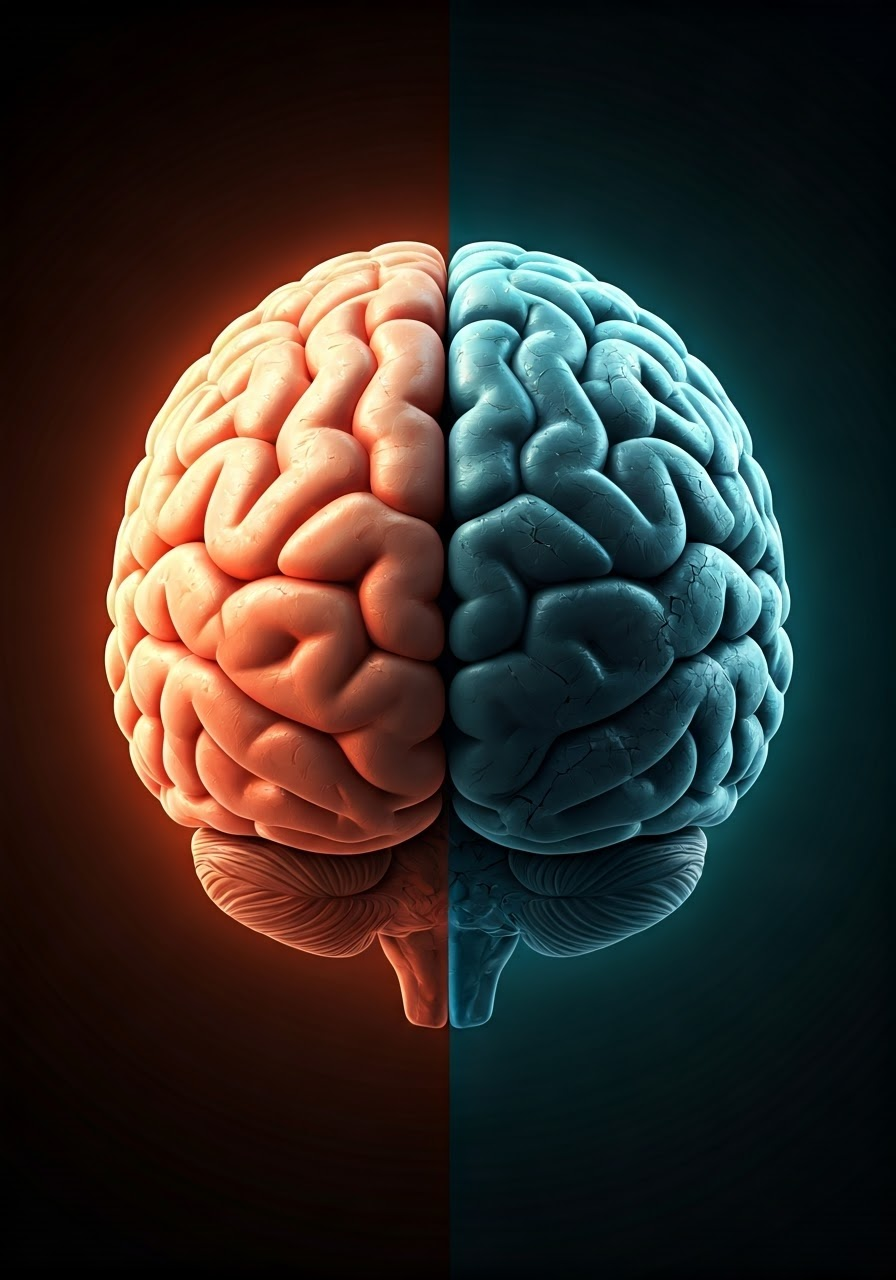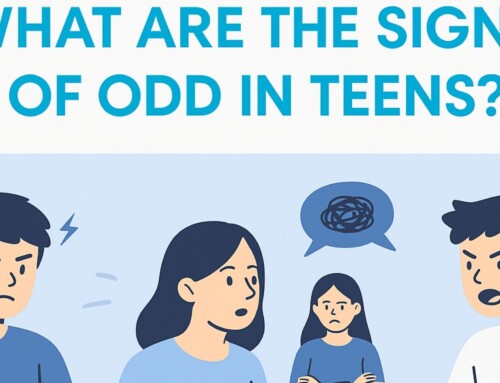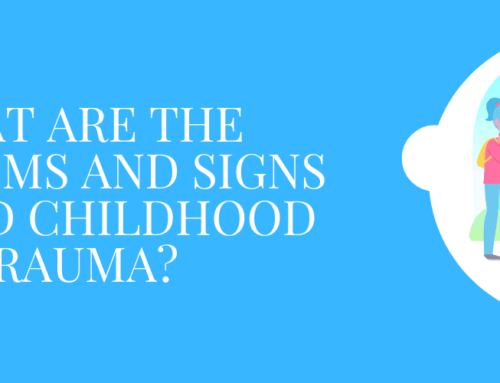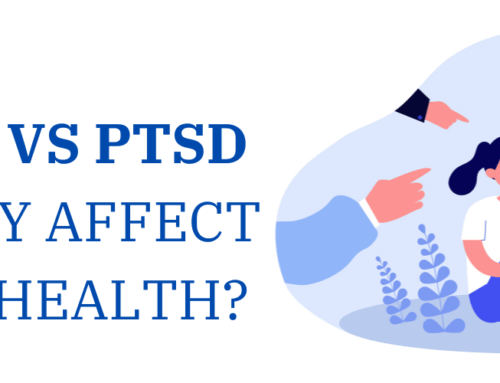Exploring Personality Disorders and Mental Health Disorders
Understanding the distinctions between personality disorders and other mental health conditions is crucial for the diagnosis of a personality disorder and treating these conditions effectively. While both fall under the umbrella of mental health issues, they differ in their symptoms, duration, impact, and treatment approaches.
Individuals with personality disorders often struggle to form and maintain close relationships due to their unique emotional responses and social anxieties, leading to feelings of isolation and misunderstanding.
Personality disorders affect approximately 9% of the general population, yet they are often underdiagnosed due to the prevalence of more commonly recognized mental health issues such as anxiety and depression
How can personality disorders and mental health disorders impact daily life and relationships?
Personality disorders, such as histrionic personality disorder and schizoid disorder, distort self-perception and traits, impacting daily life and social relationships. Mental health issues like depression and anxiety further affect emotional well-being, particularly in difficult social situations. Both can disrupt emotions and behaviors, complicating communication and stress management, leading to misunderstandings.
Key Differences

1. Nature of the Problem
- Personality Disorders: These are character trait driven that involve long-term patterns of behavior, cognition, and emotional experience that deviate significantly from social norms and societal expectations, often differing from the average person’s experiences. These patterns cause significant distress and are inflexible and pervasive across various situations, often causing distress from intense emotions in interpersonal relationships, work, or social functioning. Examples of cluster B personality disorders include borderline personality disorder (BPD), narcissistic personality disorder (NPD), antisocial personality disorder (ASPD), and other types of personality disorders.
- Mental Health Disorders: These conditions, highlighted by Mental Health America and the Cleveland Clinic, are symptom-based driven that disrupt normal functioning by affecting mood, thoughts, or behavior, including mood swings. They often arise due to mental illness, chemical imbalances in the brain, or external stressors, leading many individuals to experience stress and adversely impact their quality of life. This makes it crucial to take care of your mental health, and a licensed mental health professional may provide interventions such as cognitive behavioral therapy (CBT), dialectical behavior therapy (DBT), and other types of therapy alongside healthcare providers, to assist in diagnosing and managing these disorders based on diagnostic criteria, which can include disorders like depression, anxiety, bipolar disorder, schizophrenia, and PTSD.
2. Duration and Stability
- Personality Disorders: Typically emerge during adolescence or early adulthood and persist throughout life. They are characterized by stable patterns of dysfunction that rarely fluctuate significantly over time.
- Mental Health Disorders: These can occur at any age and often involve episodic symptoms. For example, mood disorders like depression or bipolar disorder may feature periods of remission between episodes.
3. Impact on Functioning
- Personality Disorders: Primarily affect interpersonal relationships due to disruptive patterns of behavior and cognition. For instance, individuals with NPD may struggle with empathy and exploit others for personal gain.
- Mental Health Disorders: Often impair emotional regulation, cognitive abilities, or physical health. For example, depression can lead to fatigue, loss of interest in activities, and difficulty concentrating.
4. Treatment Approaches
- Personality Disorders: Treatment typically requires long-term psychotherapy to address ingrained behavioral patterns. Medications may be used to manage specific symptoms but are not the primary mode of treatment.
- Mental Health Disorders: Often treated with a combination of medication (e.g., antidepressants for depression or antipsychotics for schizophrenia) and short-term therapy to manage episodic symptoms.
Similarities

Despite their differences, personality disorders and mental health disorders share some common features:
- Both can involve emotional dysregulation that impacts daily functioning. For example, individuals with major depressive disorder may experience persistent sadness while those with ASPD may exhibit impulsive aggression.
- Both require professional intervention for management and treatment.
The American Psychiatric Association’s Diagnostic and Statistical Manual of Mental Disorders outlines the criteria for diagnosing various personality disorders, emphasizing their significant impact on mental health and overall functioning.
Conclusion
The distinction between personality disorders, including specific personality disorders and severe personality disorders, and mental health disorders, including mental health services, lies in their nature, duration, impact on functioning, and treatment approaches. Health care providers specializing in mental health can help clarify these issues. Personality disorders represent enduring patterns of maladaptive behavior that affect relationships and self-perception over a lifetime. In contrast, mental health disorders, which include various mental health problems, often involve episodic disruptions in mood or thought processes that can be managed more effectively with medication and therapy. Understanding these differences is essential for tailoring treatment plans to individual needs.

Filed in: Borderline Personality Disorder, Orlando, Pedro Michael Valdez IV, Post Traumatic Stress Disorder (PTSD), Relationships
Share This Story, Choose Your Platform!
Total Life Counseling Center consists of Licensed Counselors, masters level therapists, Español counselors, Licensed Mental Health Counselors, business coaches, and image enhancement coaches who provide counseling for emotional, mental, physical and spiritual care including marriage, individual, family, substance abuse and more. TLC’s family, trauma and marriage experts have been interviewed on National and Local TV/Radio over 200 times for their expert advice on Fox News, OWN, WETV, ABC’s Medical Minute and more. Our skilled counselors are relational, approachable and specialists providing therapy services in the Central Florida area including: Orlando, Winter Park, MetroWest, Windermere, Dr. Phillips, East Orlando, Lake Mary, and Clermont, Boca Raton Florida, and Dallas, TX.






